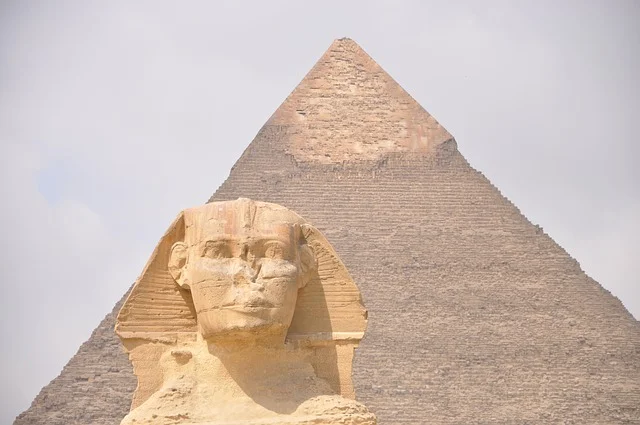Egypt is a blessed land, once the famous “temple of the whole world”. It is a furnace of myths and magic, enchanting common people and earthly kings with its extraordinary mysticism. It was the repository of infinite knowledge and the greatest human achievement.
Since ancient times, this North African nation has served as a beacon of art, science, medicine, literature, architecture, and politics. Like a tender mother, Egypt accepted everyone who stuck to its beautiful sparkling shores. How did it happen that such a great state once turned into a province of Rome?
Eternal land
Since ancient times, Egypt has been perceived by scientists and travelers as an endless treasury of invaluable knowledge. Among other things, this country was a treasury in the literal sense of the word. The unimaginably rich state of antiquity, which the great Homer described in his Iliad as follows: “… in Egyptian Thebes, heaps of precious ingots sparkle, hundred-fold Thebes.”
The mysticism of this country is also incredibly deep. Its sources lie in prehistoric times. Even the names given to this country are shrouded in a trail of mystery. The Egyptians themselves called part of the country Kemet, which meant “black land”. To get the latest stories, install our app here.
Such was it in the floodplain of the Nile. Dzheseret – “red land”, denoted impregnable boundless deserts. The Greeks called the country Aegyptos, which comes from the phrase “Hwt-Ka-Ptah” (House of the Spirit of Ptah). This name was given in honor of the ancient capital of Egypt, Memphis. It was an incredibly advanced trading and religious center of those ancient times.
Fall of Egypt
You can’t say it all ended overnight. But the final fall ended when Octavian, the future Emperor Augustus, defeated Mark Antony and Cleopatra. The great queen of Egypt, Cleopatra VII Philopator, was deposed from the throne, and the state was annexed to the Roman Empire.
After the departure of the last godlike monarch, the socio-political landscape in this country has changed forever. What followed was a series of extremely rapid geopolitical changes. They rocked Egypt for several centuries to come. Egypt managed to see the decline and fall of the great Roman Empire, which dared to humiliate him. First, Christianity came to these lands, which was brought by the apostle Mark. Islam appeared around the 7th century AD.
Despite the fact that Egypt was no longer that amazing treasure chest and great state, it still remained a true storehouse of miracles. The stories of travelers in the Middle Ages (from the 5th to the 15th century AD) described incredibly amazing, strange, and exotic things. To get the latest stories, install our app here.
